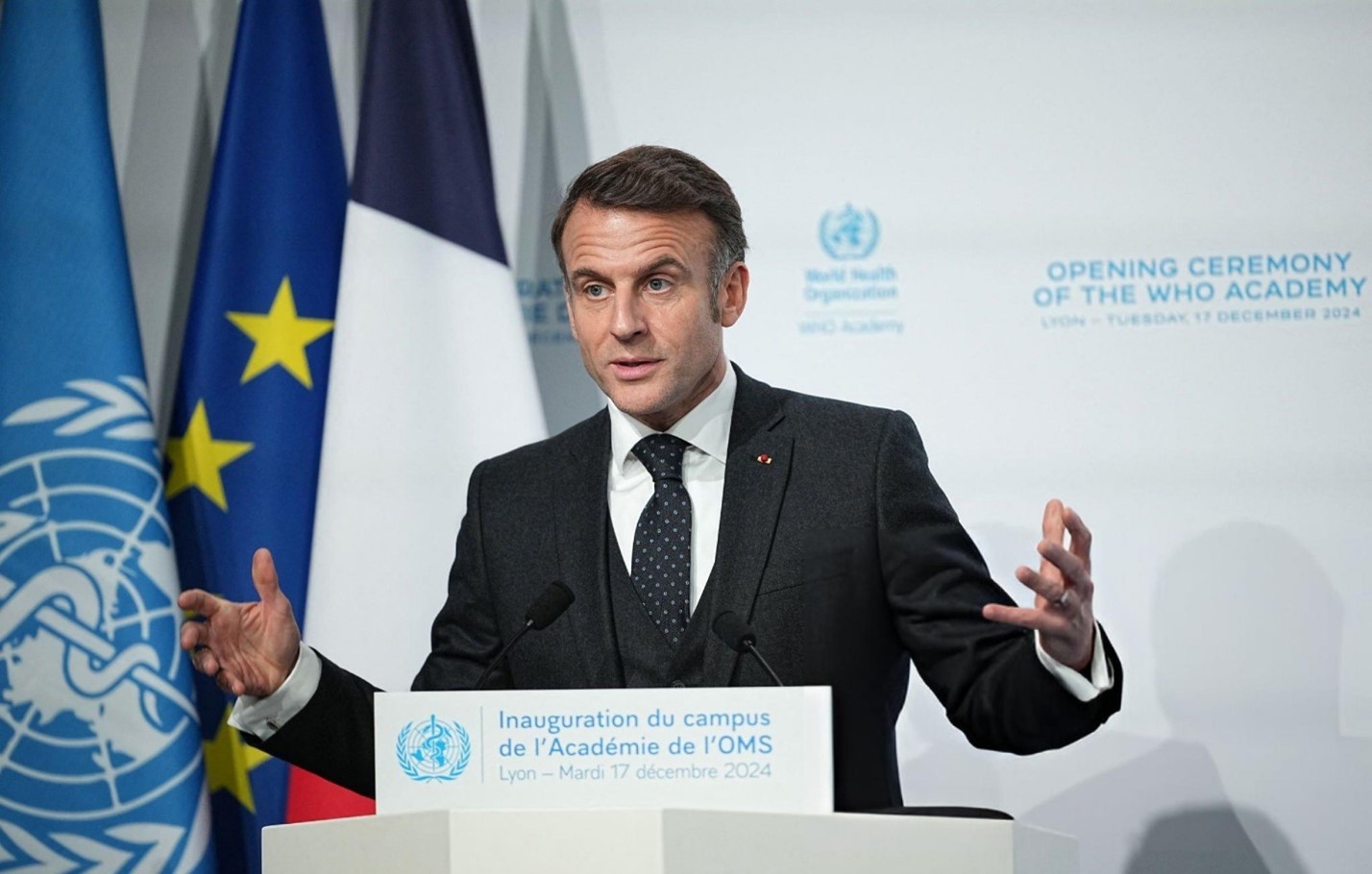After the vibrant energy of the Paris Olympics and a Mediterranean holiday, French President Emmanuel Macron faces the stark reality of steering his nation through a political impasse. With a hung parliament, rising social tensions, and mounting national debt, Macron initiated talks on Friday with key political figures to address the pressing need for a new prime minister and a functioning government.
The deadlock follows last month’s snap legislative elections, which left no party with a clear majority in the National Assembly, France’s powerful lower house of parliament. The left-wing New Popular Front coalition secured the most seats but fell far short of a majority. Their nominee for prime minister, Lucie Castets, a relatively unknown civil servant, met Macron at the Élysée Palace on Friday and declared her readiness to govern and compromise to ensure progress.
However, the coalition holds only about one-third of the seats, with Macron’s centrist alliance coming in second and the far-right National Rally taking third place. The fractured parliament reflects deep divisions in French politics and leaves Macron with a complex puzzle to solve.
A search for consensus
There is no constitutional requirement for Macron to appoint a prime minister from the largest party, nor a set timeline for making his decision. The unprecedented absence of a dominant political bloc in France’s modern Republic adds to the uncertainty.
Friday’s meetings included centrists and conservatives, with further consultations scheduled for Monday with National Rally leaders Marine Le Pen and Jordan Bardella. Macron’s office confirmed that the president’s decision would aim for the broadest and most stable majority possible.
Despite Castets’ assertion that Macron acknowledged the election’s message, she noted his reluctance to allow an opposition party to lead the government. Left-wing leaders have criticised Macron’s delays, accusing him of shirking responsibility during his Olympic appearances and holiday at the presidential retreat in Bregançon.
Marine Tondelier, national secretary of the Greens party, said, “We need a response by Tuesday. There are urgent issues, and letting weeks pass without addressing them is both grave and irresponsible.”
The New Popular Front, which comprises the hard-left France Unbowed, Socialists, and Greens, insists that the prime minister should emerge from their coalition as the largest group in the Assembly.
Political tensions and potential candidates
Macron has expressed doubts about the suitability of Castets, suggesting that the issue is less about a specific candidate and more about securing a parliamentary majority to support the government. The challenge is compounded by threats from centre-right and far-right politicians to topple any government that includes members of France Unbowed, a vocal and divisive force in French politics.
Macron appears inclined to form a coalition spanning the political spectrum, from centre-left to traditional right. Names circulating in French media as potential prime minister candidates include Bernard Cazeneuve, a centre-left politician who served as interior minister during the 2015 terror attacks; Xavier Bertrand, a moderate former minister from the French right; and Michel Barnier, the EU’s chief negotiator for post-Brexit talks.
The president has the constitutional authority to appoint the prime minister, but his choice must reflect the political realities of a fragmented Assembly. Macron has hinted at favouring a coalition rather than yielding control to the opposition.
Immediate challenges ahead
In the interim, Macron has kept the outgoing centrist government in a caretaker role to handle current affairs, notably during the Olympics, which concluded on 11 August. However, pressure is mounting for decisive action as France grapples with a host of challenges, from the cost-of-living crisis to climate change and immigration.
The weeks ahead will test Macron’s ability to navigate the treacherous waters of coalition politics. With no precedent for such a fractured parliament, his decision on the new government will have far-reaching implications for France’s stability and governance.
As the clock ticks, all eyes are on the Élysée Palace, where Macron’s consultations could shape the future of French politics for years to come.






